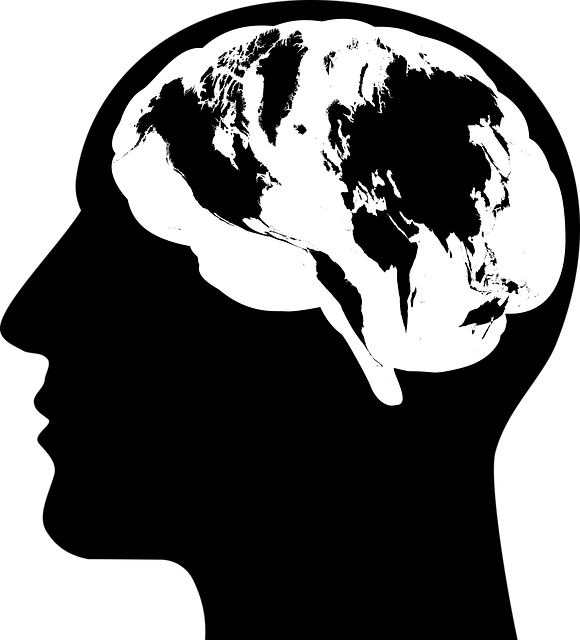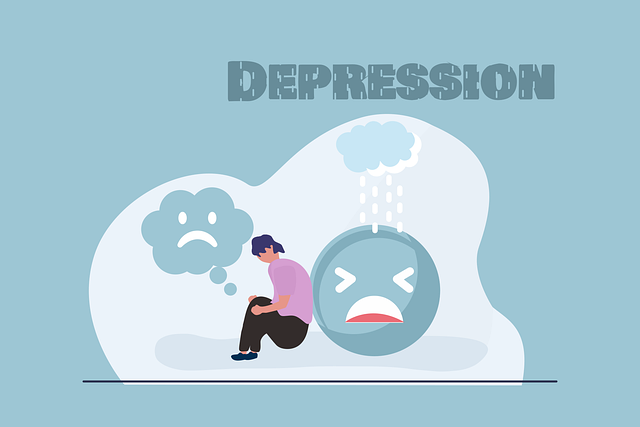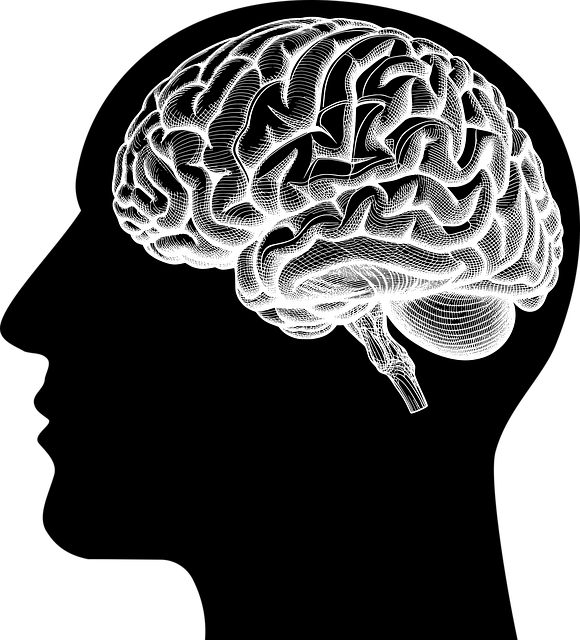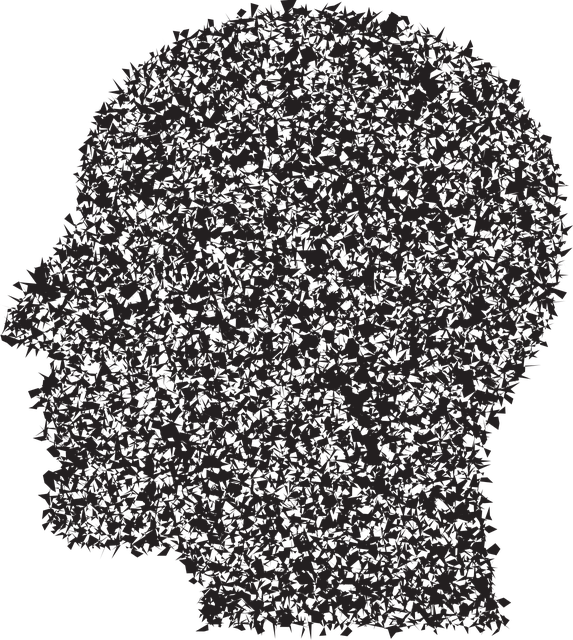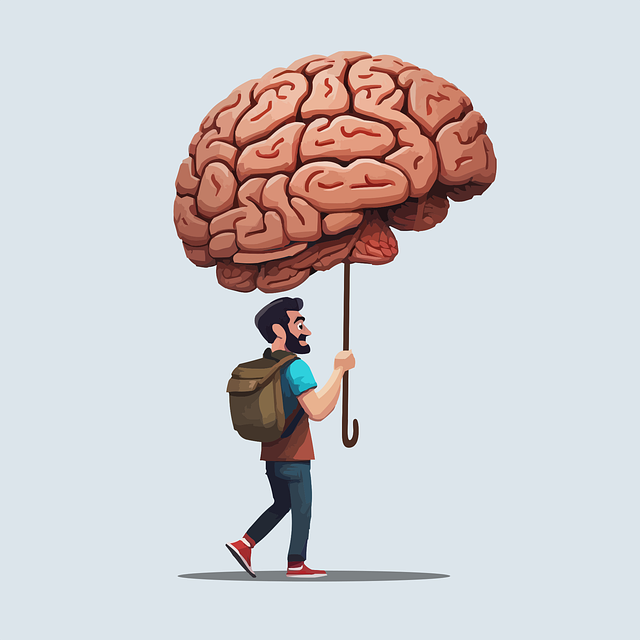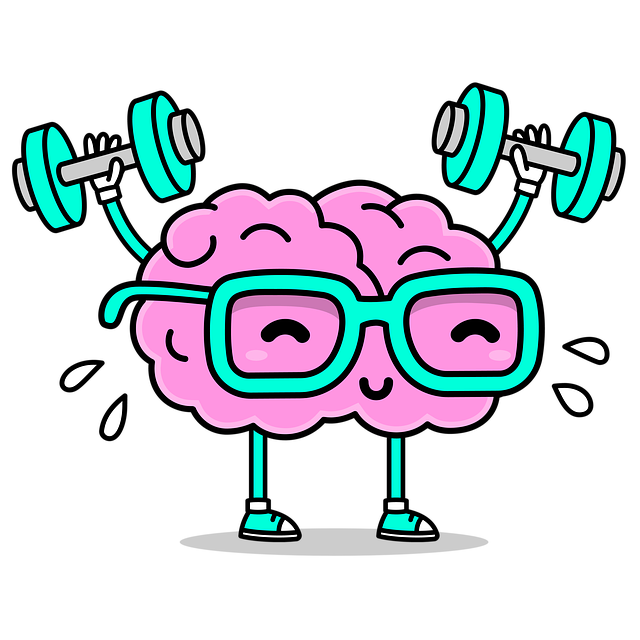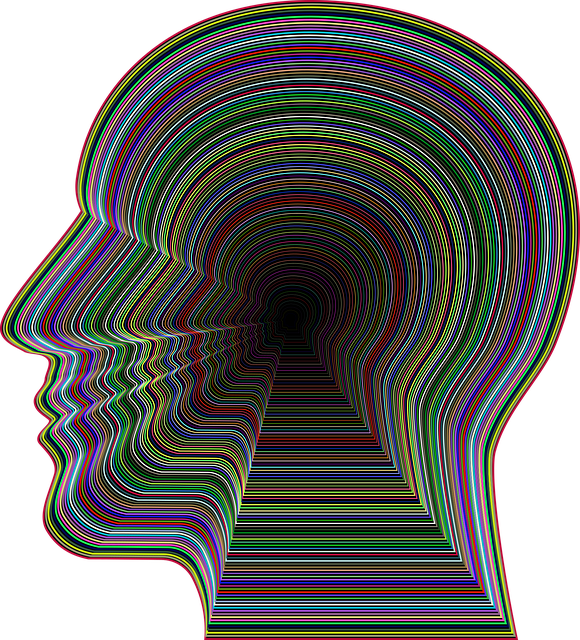The digital age presents a unique opportunity to address mental health challenges among adolescent teens with developmental disabilities through customized mental wellness apps. These apps offer tailored support, accessible via technology, filling critical care gaps by incorporating interactive games, mindfulness exercises, and confidence-boosting activities. Key features include customizable coping skills modules, engaging meditations, digital journaling, and mood tracking tools, empowering users to practice self-care independently while facilitating open dialogue with therapists. The app design should be engaging, intuitive, and accessible, integrating therapeutic techniques like CBT and resilience-building activities for a personalized approach to mental wellness. Ethical considerations, including secure data handling and privacy regulations, are paramount to building user trust.
Mental wellness apps offer a promising solution for providing tailored therapy to adolescent teens with developmental disabilities. With increasing screen time, these digital tools can complement traditional care, addressing unique challenges faced by this population. This article explores the growing need for such apps, delving into essential features like personalized exercises and interactive content. We discuss designing engaging interfaces, while prioritizing ethical considerations and user privacy, crucial aspects in developing effective therapy delivery for adolescents.
- Understanding the Need for Mental Wellness Apps for Teens with Developmental Disabilities
- Key Features and Functions for Effective Therapy Delivery
- Designing an Engaging User Experience for Adolescent Users
- Ethical Considerations and Privacy in Mental Health App Development
Understanding the Need for Mental Wellness Apps for Teens with Developmental Disabilities

The digital age presents a unique opportunity to address the mental health challenges faced by teens with developmental disabilities. These young individuals often require tailored support to navigate their emotional well-being, and technology offers an accessible platform to provide it. Mental wellness apps designed specifically for this demographic can fill crucial gaps in care, offering therapy and empathy-building strategies at their fingertips.
By incorporating features like interactive games for stress relief, mindfulness exercises for anxiety, and confidence-boosting activities, these apps cater to the diverse needs of adolescent teens with developmental disabilities. Such digital tools not only facilitate access to mental health resources but also foster a sense of autonomy and self-care, empowering teens to actively participate in their journey towards improved emotional resilience and overall well-being.
Key Features and Functions for Effective Therapy Delivery

Developing a mental wellness app tailored for adolescent teens with developmental disabilities requires careful consideration of key features and functions to ensure effective therapy delivery. Firstly, incorporate customizable coping skills development modules that offer a range of techniques, from progressive muscle relaxation to cognitive reframing, allowing users to find what works best for them. These tools should be easily accessible and adaptable to different needs, ensuring teens can practice self-care independently.
Additionally, integrate mindfulness meditation sessions designed specifically for young minds, with short, engaging episodes that incorporate storytelling or interactive elements to capture attention. Communication strategies are vital; implement features like digital journaling, mood tracking, and secure messaging to foster open dialogue between users and therapists. These functionalities not only support therapeutic progress but also encourage teens to actively participate in their mental wellness journey.
Designing an Engaging User Experience for Adolescent Users

Creating a mental wellness app tailored for adolescent users requires a deep understanding of their unique needs and preferences. This age group often faces challenges related to emotional regulation, self-discovery, and navigating developmental disabilities. Therefore, the user experience (UX) design should be engaging, intuitive, and accessible. Incorporating interactive features and gamified elements can make therapy more appealing to teens. For instance, incorporating mindfulness meditation sessions into a progression-based system with rewards can boost engagement and encourage consistent use.
The app’s interface should be visually appealing and user-friendly, considering the target audience’s digital literacy. Simple navigation, clear instructions, and age-appropriate language are essential. By integrating various therapeutic techniques such as cognitive-behavioral therapy (CBT) exercises and resilience-building activities, the app can offer a comprehensive support system. This personalized approach caters to individual needs while promoting mental wellness and healthy coping mechanisms among adolescent teens.
Ethical Considerations and Privacy in Mental Health App Development

In the realm of mental wellness app development, ethical considerations and privacy are paramount, especially when catering to vulnerable populations such as adolescent teens with developmental disabilities. As technology advances, so does its potential to impact sensitive areas like mental health. Developers must ensure that user data is handled securely and transparently, adhering to strict privacy regulations like GDPR or CCPA. This includes obtaining informed consent, providing clear data usage policies, and implementing robust security measures to protect personal information.
Privacy is not just about compliance; it builds trust with users. Teens and their caregivers should feel secure sharing intimate details related to therapy for adolescent teens with developmental disabilities. Incorporating mindfulness meditation and emotional well-being promotion techniques within these apps can be powerful tools for coping skills development, but they must be implemented ethically, ensuring that no user data is exploited or misused.
Mental wellness apps offer a promising avenue for delivering targeted therapy to adolescent teens with developmental disabilities, addressing a growing need in modern mental health support. By incorporating key features like personalized interventions, interactive exercises, and secure data privacy measures, these applications can enhance accessibility and engagement for this demographic. Ethical considerations are paramount, ensuring design choices foster trust and respect while adhering to strict privacy standards. Ultimately, developing user-centric experiences tailored to adolescent users’ unique needs is crucial for the success of mental wellness apps in revolutionizing therapy delivery for teens with developmental disabilities.
